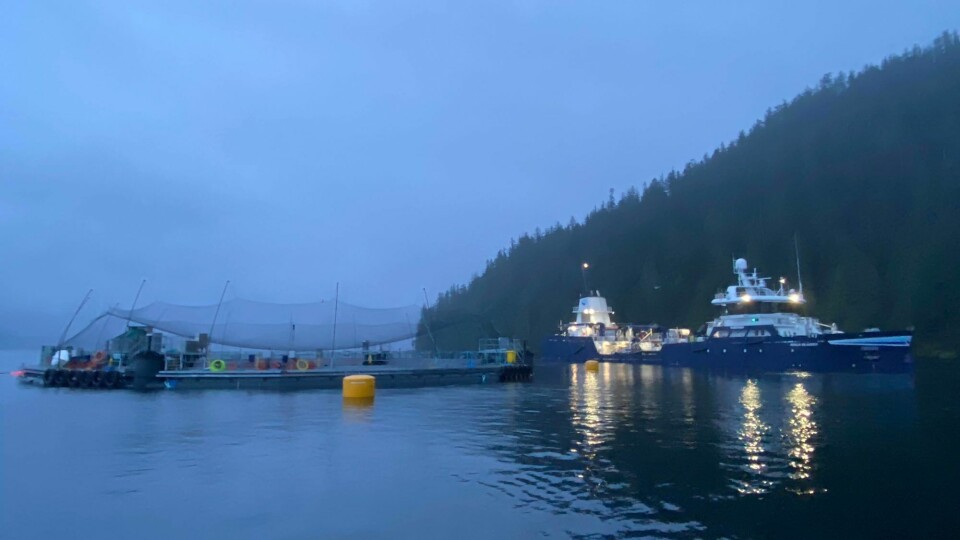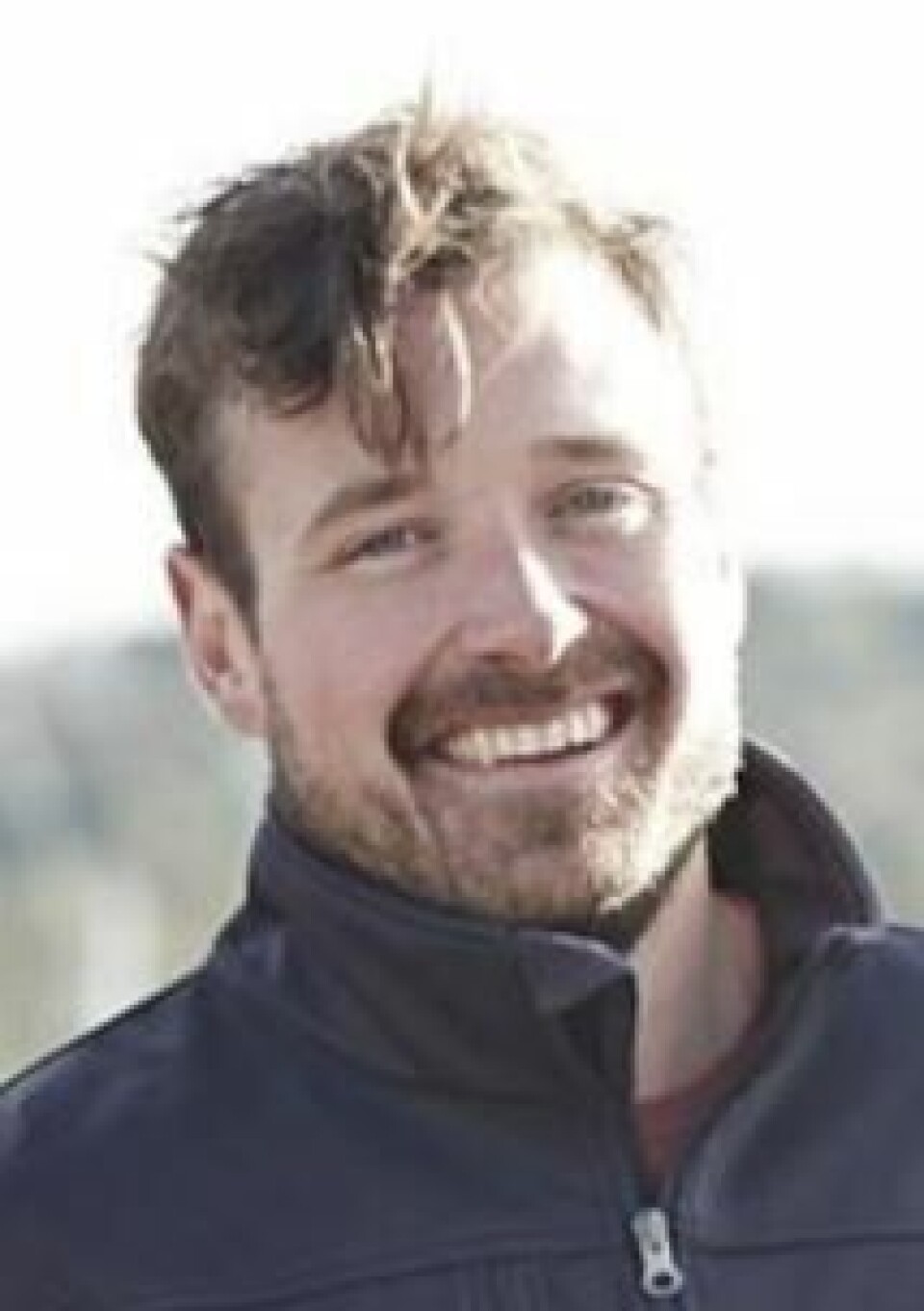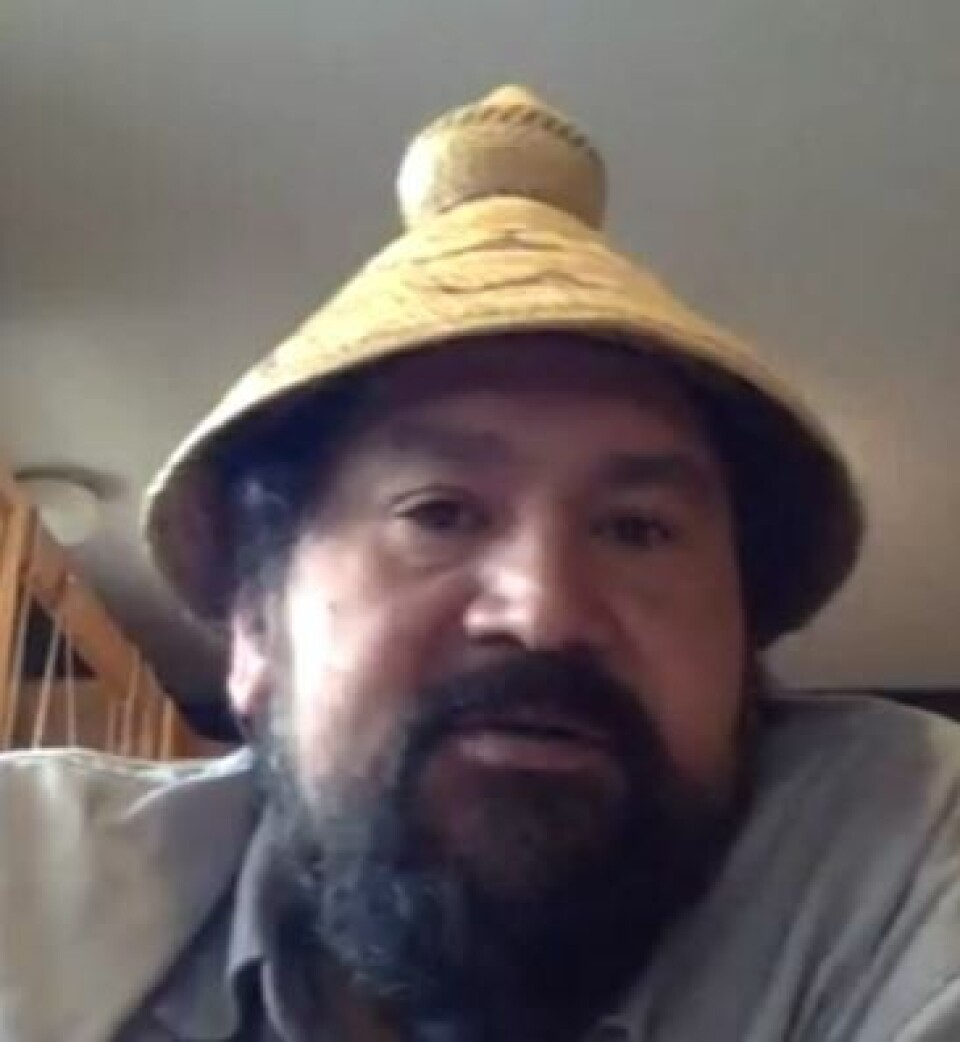
Cermaq Canada renews deal with Ahousaht First Nation
Cermaq Canada has renewed an agreement to farm salmon in Ahousaht First Nation territory on the west coast of Vancouver Island, British Columbia.
The company first formed an economic partnership with the Ahousaht in 2010, and the renewed five-year deal will bring focus to the priorities of the Nation and provide a road map for how Cermaq will farm in the territory, Cermaq said in a press release.
Cermaq operates under the Ahousaht Protocol Agreement and through the governance process of the Ahousaht Ha'wiih (Hereditary Chiefs) as represented by Maaqtusiis Hahoulthee Stewardship Society (MHSS). Respect and recognition of Ahousaht governance, territory, and position as a rightsholder is central to the Protocol.
Modernised agreement
“Over the past years the protocols entered into by the Nation and Cermaq Canada have continued to strengthen and modernise,” said Cermaq, which is owned by Japanese industrial giant Mitsubishi.
“Previous agreements addressed operational plans, environmental stewardship, wild salmon protection and conservation, economic development opportunities, benefits sharing, employment and emerging business opportunities.
“New to this latest protocol is a further focus on reconciliation and wild salmon, area-based management, innovation, MHSS specific standards and broader environmental monitoring in recognition of changing ocean conditions, climate change and potential salmon farming impacts and opportunities.”

Ahousaht guidance
Cermaq Canada managing director David Kiemele said it had been an exciting time for the business and for the Ahousaht Nation.
“Projects such as the feasibility study of a new semi-closed containment system, a focus on greenhouse gas reduction and improved sea lice management innovation have all been possible due to the guidance of Ahousaht leadership,” added Kiemele.
“We have also faced working through a global pandemic and found ways to mutually support one another through such a difficult time for our local communities and for our business.
“As we look to the next five years of farming within Ahousaht Territory we are aware of the standards that must be met in order to continue our business and we are committed to a high degree of transparency and welcome the oversight and insight that the Nation provides to us as invited users of their resource.”

Wild salmon
Hasheukumiss, Richard George, son of Tyee Ha’wiih and president of MHSS, said: “We are at a point of unprecedented challenges brought on by climate change, and a lack of understanding, particularly in government, of our Nation’s rights and this important relationship.
“We are committed to working together to tackle both challenges through continued advancement of meaningful and measurable climate action, a focus on the health and wellbeing of the Ahousaht Nation, the protection and enhancement of wild salmon and providing open dialogue about the shared value approach of Cermaq Canada to increase understanding across Governments of the critical role this business plays in rural coastal indigenous and non-indigenous communities alike.”
Coalition of Nations
The Ahousat is a Nuu-Chah-Nulth First Nation and is a member of the Coalition of First Nations for Finfish Stewardship (FNFFS), formed by First Nations from the Coast Salish, Kwakwaka’wakw, Tsimshian, and Nuu-Chah-Nulth Territories in BC to protect the jobs and income they receive from salmon farming.
Salmon farming in BC is facing an uncertain future due to an election pledge by Canada’s ruling Liberal Party to “transition” the industry from open net pens.
The Liberal Party’s pledge follows years of claims by anti-salmon farming activists and some First Nations that fish farms are to blame a decline in wild salmon populations, despite studies by government scientists that farms pose only a minimal risk.
However, at the launch of the FNFFS in March, George said: “Cermaq has done more for wild salmon conservation and restoration in our territory than the Federal or Provincial Governments combined.”
Uncertainty over licences
The renewed agreement does not guarantee Cermaq can continue farming. Producers who farm in a First Nation’s traditional territory must have an agreement in place with the Nation in order to have their tenure renewed by the BC government but must also have a licence issued by the federal government.
There are 79 farms in BC which have licences that will expire next month and there are fears that federal fisheries and oceans minister Joyce Murray may not renew them.




















































